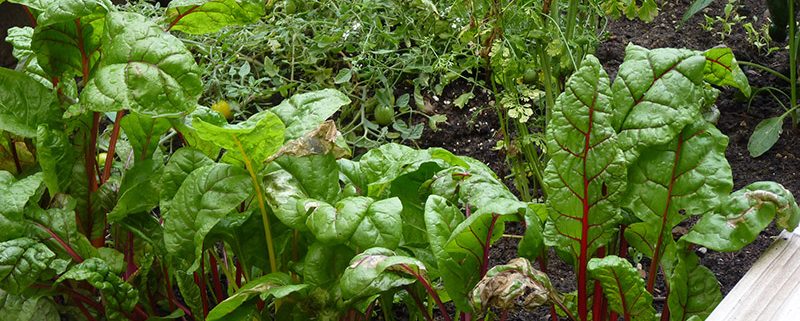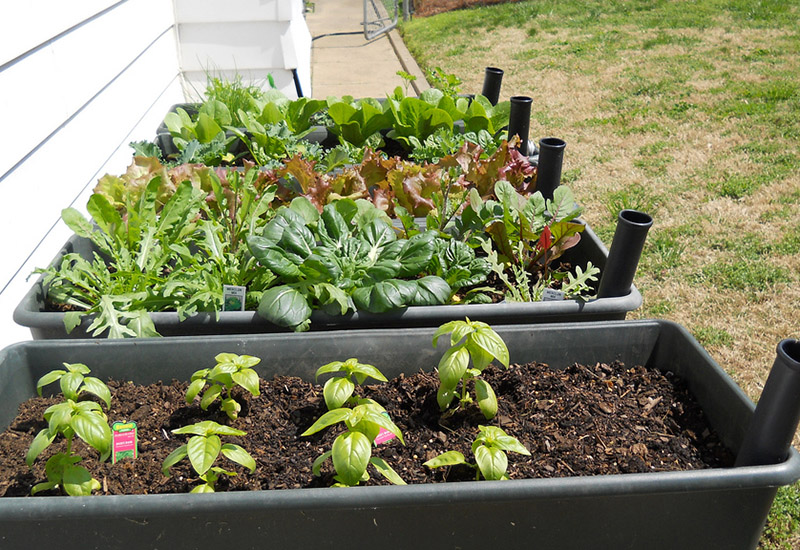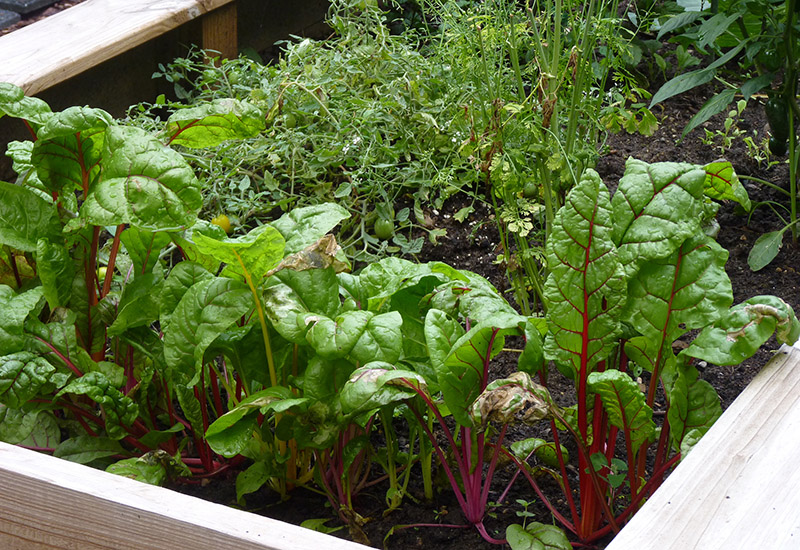Gardening: Getting Ready for a Vegetable Garden
Cary, NC – Okay, so the weather here is off the charts nuts, yet, there is some comfort in that “if March comes in like a lion it goes out like a lamb!”
When To Start Gardening
Remember that historically, our last frost date estimate is still Saturday, April 15, 2017. Even though the stores already have all kinds of vegetable for the garden, it is not safe to plant. It’s not just the freezing temperatures but also because the soil is too cold. Think of it like getting in your car very early one morning, the temperature is 32 degrees Fahrenheit and you have no heat. Young plants just can’t take those conditions for even a short period.
If you’re not planting in pots, clear the vegetable bed area now so the sun can warm up the soil faster and don’t apply mulch until after you plant. To give you some soil temperature guidance note this chart from the Farmers Almanac.
Cool-season vegetables can tolerate colder temperatures and some frost.
What Your Garden Needs
Generally, successful gardens have four basic needs: well-drained soil, lots of sun, good nutrients and healthy plants. Whatever planting system you choose, make sure the first two needs are met. You should have a minimum of six-to-eight hours of sun exposure – eight-to-ten preferably – and your soil needs to drain well.
To test your soil drainage, do a Percolation Test. Dig a one-foot by one-foot hole and let it dry for a day or two. Then fill the hole with water and note how long it takes to drain. 30 minutes to four hours is preferred; too long or too short will cause problems in your garden and you may need to find a new site.
Next, test your soil. Everyone at the Wake County Extension Master Gardener Program preaches this over and over again. Sorry to repeat, but it can make huge difference and it may save you money and time! The program offers free soil tests after Friday, March 31, 2017.
Contact us at the Wake County Extension Master Gardeners’ office; 919-250-1084 (Mon-Fri 9 AM to noon and 1-4 PM) or email mgardener@wakegov.com.
How To Start Off
Now that you have your site prepared, it’s time to pick out your vegetables. I always suggest starting small. Root vegetables do well by directly sowing seeds into the garden bed while other plants like tomatoes have better results planting with young transplants. Know that some plants will produce more than you could ever want so be careful with how much you plant. Read the plant tags for exact spacing details – it will make a difference. Squash and Zucchini are heavy producers and they take up quite a bit of space. One or two plants like those will be enough for one family.
Warm-season vegetables don’t tolerate frost and should only be planted outside when frost is no longer a threat.
Attached is a link to one of the best references for growing vegetables from the Wake County Extension EMG office. Please check it out!
Finally, make sure you check your garden each day or two and rotate your plants each year. This will help you avoid and catch any garden problems early.
Tip: make sure to clear out your Camellia flower petals as they fall to the ground and then, once the temperatures warm, spray with a horticultural oil to help avoid any disease this spring.
Story by Melody Hughes. Photos by Norma Nack and Dianna Ott. The Gardening column on CaryCitizen is sponsored by Garden Supply Company on Old Apex Road in Cary.





